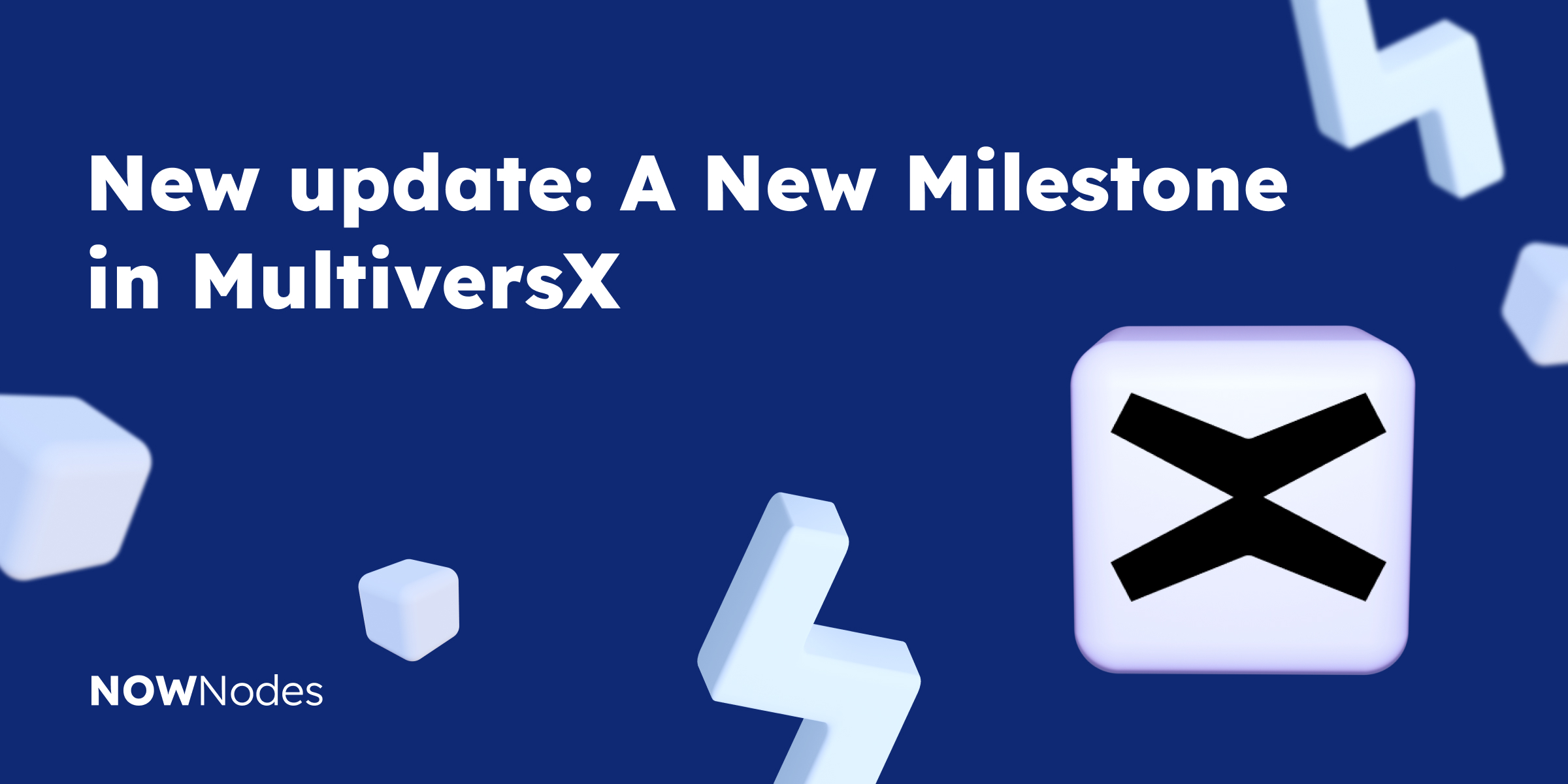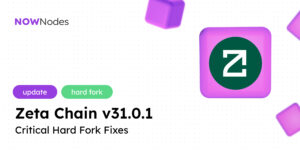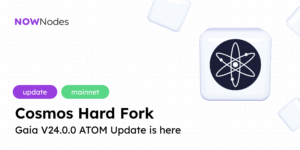With the release of Relayed Transactions V3 in MultiversX Protocol, users can now send transactions without having to pay gas fees themselves. This article will explore how it works, its advantages, and the technical details to consider.
Gas-Free Transactions
Previously, to send a transaction, a user needed to have a sufficient balance to cover the gas fee. If the balance was insufficient, the transaction would simply fail. Relayed Transactions V3 solves this problem by allowing the user to delegate gas fee payments to a third party — the relayer.
How It Works
The transaction process now follows these steps:
- The user creates a transaction and specifies the relayer’s address (a special account that agrees to cover the fee).
- The user signs the transaction, confirming their consent.
- The relayer signs the transaction, confirming their willingness to pay the fee.
- The transaction is sent to the network, and the relayer covers the gas fee instead of the user.
This allows users to execute transactions even without funds to pay for gas, as long as a relayer is willing to cover the costs.
What We Have Updated
NOWNodes has implemented updates to ensure full support for Relayed Transactions V3. The key improvements include:
- Upgrading node software to the latest Spica Patch 2 version.
- Optimizing relayed transaction processing to enhance speed and reduce network load.
- Implementing additional validation mechanisms to ensure security and signature correctness for both the sender and the relayer.
- Performance monitoring of nodes to support new transaction types and maintain network stability.
Technical Details
From a technical perspective, Relayed Transactions V3 introduces two new fields in the transaction structure:
- relayer – the address of the relayer covering the fee.
- relayerSignature – the relayer’s signature confirming their agreement to pay the fee.
The new transaction format:
RelayedV3Transaction {
Sender: <Sender address>,
Receiver: <Receiver address>,
Value: <value>,
GasLimit: <base_cost> + <base_cost> + <cost_per_byte> * length(txData),
Relayer: <Relayer address>,
RelayerSignature: <Relayer signature>,
Signature: <Sender signature>
}
Gas Cost Calculation
Relayed transactions now include a fixed additional base cost of 50,000 gas.
Example calculation:
- A regular transaction (e.g., transferring funds with 4-byte data) would cost 56,000 gas.
- The same transaction with a relayer will cost 106,000 gas.
These additional costs are necessary to process the relayer’s signature and the more complex transaction execution logic.
Why This Matters
The introduction of Relayed Transactions V3 in MultiversX Protocol addresses multiple challenges:
- Simplified blockchain interaction – users can send transactions without maintaining a balance for gas fees.
- Seamless dApp integration – services can cover users’ transaction fees, making interactions more user-friendly.
- Flexible fee payments – relayers can act independently or as part of services offering convenient transactions.
Conclusion
Relayed Transactions V3 represents a major step forward in improving the usability of MultiversX Protocol. The ability to delegate gas fee payments to a third party opens up new use cases, simplifies user interactions, and makes crypto transactions more accessible.
By implementing these updates, NOWNodes has ensured its infrastructure is fully prepared to support relayed transactions, maintaining efficiency and security across the network.
NOWNodes is a blockchain-as-a-service solution that lets users get access to MultiverseX Nodes and blockbook Explorers via API. The service provides a high-quality infrastructure that is quick, cost-effective, and reliable. We have Service Quality Standards available for all partners.
EGLD are under 24/7 surveillance – their availability and relevance are constantly being monitored. Get access to EGLD Nodes NOW:



